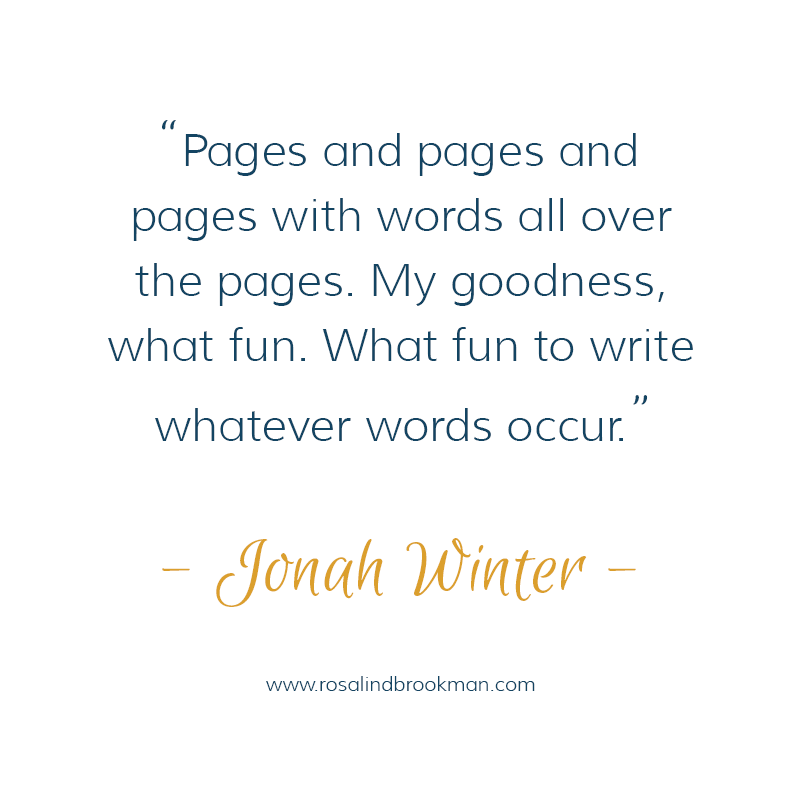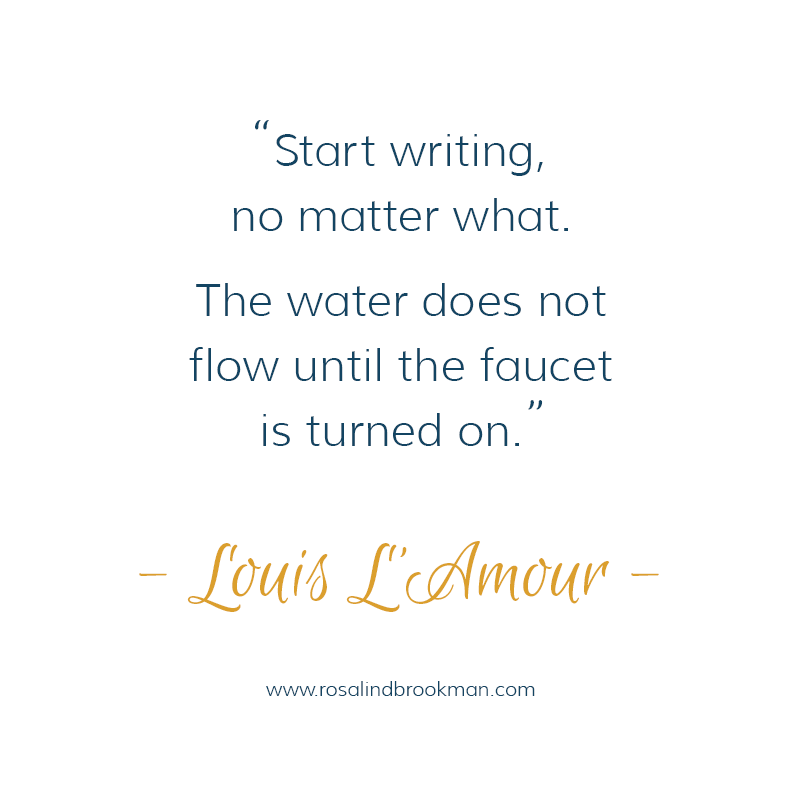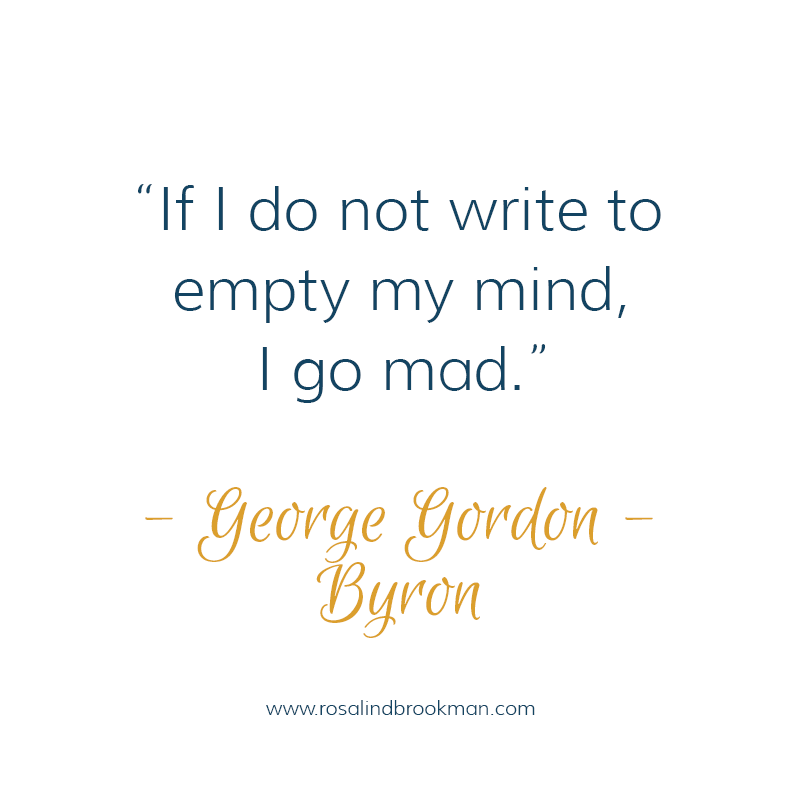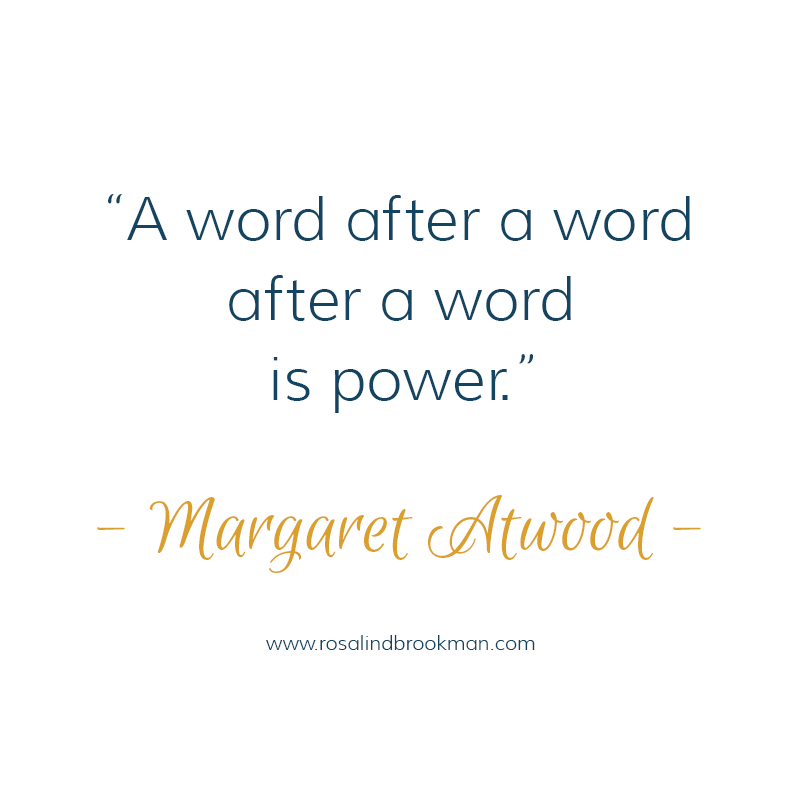Let free writing untangle your thoughts
There are some days when I have life in hand: small boy is fed, clean and packed off to school with everything he needs, the washing is in the machine (and I have remembered to switch it on) and the slow cooker is already smelling deliciously of our evening meal. My writing deadlines have been met, I've done my marketing for the week, I've crossed lots off my to-do list (and I've actually done the tasks too!) and I've even had time to do some of my own writing, without feeling the need to get up before the sun to fit it in. I feel calm and in control.
Some days. I feel like that 'some days'. The rest of the time there's a chaotic whirlwind going on in my head. I live from minute to minute: remembering some things, forgetting most others and having to wing it when I realise. My house is wallpapered with lists and Post-it Notes, most of which I manage to still not see. My calendar and diary don't always synchronise so I often have a double-life situation going on where I discover that I am supposed to be in two different places at once. Seven minutes before my husband comes home I remember that I forgot to plan anything for dinner so we end up eating an 'interesting' (as he very kindly puts it) collection of foods that have probably never been combined in this particular way before.
It can be quite overwhelming. Or, actually, it used to be. When I found free writing I also found how easy it can be to stop the swirling, whirling maelstrom of thoughts, ideas, plans and questions that were flailing about in my mind, if you allow your subconscious mind some time to shine.
You may already know about free writing, as you are probably on my mailing list as a result of attending one of my workshops, where I teach it. But I haven't mentioned it for a while so I thought it was about time for a little refresher.
Free writing is the art of writing without conscious thought or judgement. No 'what am I going to write next?' or 'this is rubbish, I'm no good at writing': you let your subconscious take over and, wherever it goes, you follow! It might not always make sense, it might contain badly-spelled or even made up words, it might lead you to write things you didn't even know you were thinking about but it is a sure-fire way of untangling your thoughts and allowing your imagination to flow.
You'll find that the more you do it, the clearer your mind will become: everything that's jumbled up in there will come out on to the paper without any effort and you will be calmer and more focused when you stop. You'll be in a better state to prioritise what you need to do and then get about doing it.
I'm always happy to explain more about free writing but for now, here's a quick guide to show you how to do it and some writing prompts to get you started!
Free Writing Tips
Use a timer and set yourself a limit – 10 or 15 minutes if you’re a beginner
Forget structure, spelling, grammar, punctuation – write as fast as you can without stopping to really switch your conscious mind off
Tap into your thoughts: random words, observations, swear words, nonsense words and going off on a tangent will often lead to interesting new and original ideas!
If you get interrupted by something, write about it: i.e. if a dog barks, or the post comes. If this leads you to other thoughts ('I need to buy dog food'…'I've got to pick up that parcel') write about that as well. Don’t ignore any thoughts – even if they cut over each other.
If you can’t think of anything to write, write ‘I can’t think of anything to write’ or ‘I have nothing on my mind’ or ‘la la la la’ (or Even your favourite swear word - hey, nobody's going to be reading this) as many times as you like until another thought arrives. Then go with that one.
5 free writing prompts
I'm feeling...
Your favourite type of cake
I stepped through the front door and found…
The random stranger sat next to me on the bus suddenly asked me….
The job would be hard, in an unfamiliar country and for a low wage. Despite this, I wanted to go.
If you find yourself thinking too hard about what you’re trying to say – stop and reset: read the prompt again and write the first thing that comes into your head. That's the point, you see, you shouldn't be thinking!
It doesn’t matter what you write during these sessions – the important thing is that you are writing and, therefore, releasing your creativity. Make mistakes! Make lots. It doesn’t matter what you free write, the important thing is that you are writing. The more you practise, the more coherent your thoughts and ideas will become.
And…DON’T throw these free writing sessions away. While you’re not going knock up a prize-winning short story every time you sit down there will be often be really useful stuff you can either play around with later or take out and use as the basis for something else another time.
If you’re using a free writing session to get yourself ready to write something specific then you may well find you’ve written some really pertinent phrases in amongst everything else or found new ideas that could be helpful.
If you've never tried free writing before, do it now! It can be slotted in anywhere (although I find doing it first thing in the morning and last thing at night is particularly effective for a spot of clarity) and will make a big difference, I promise.
Let me know how you get on - and if you are interested in trying it out at one of my free writing workshops, get in touch!







